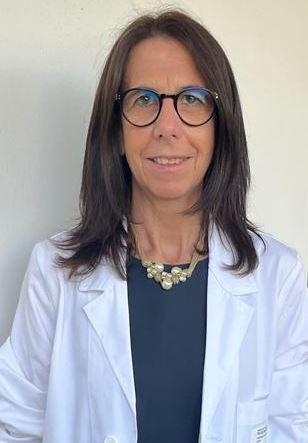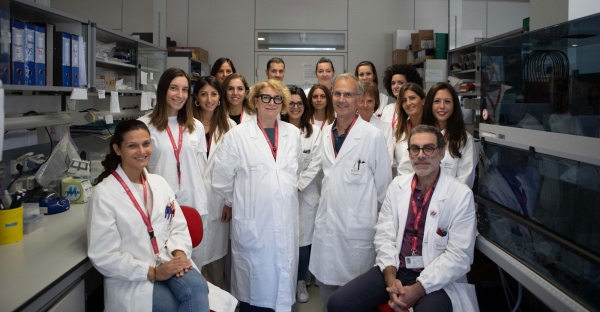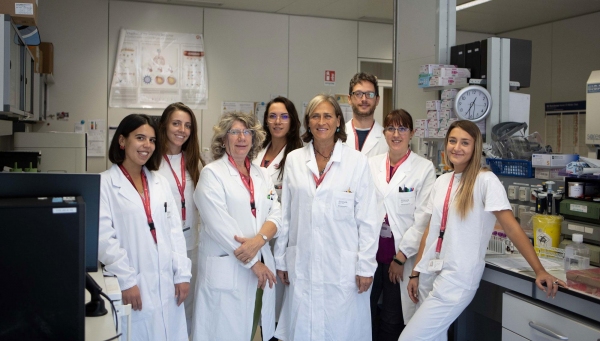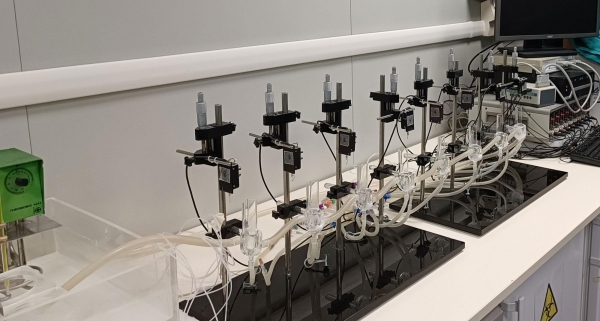From the laboratory to the bedside: a multidisciplinary program to reduce the impact of cardio-respiratory diseases /
Neonatology and Neonatal Intensive Care Unit
Neonatal Pneumology
The work of the research group is directed toward phenotypic characterization and individualization of "lung-protective" respiratory care in infants with respiratory disease through the application of innovative and minimally invasive diagnostic techniques, such as respiratory oscillometry, lung ultrasound, and electrical impedance tomography.
Neonatal Starting Nutrition
The activities of the Nutrition center focus on areas of research concerning the study of nutritional intake in relation to growth and growth quality of the term and preterm infant with congenital and acquired problems. To this end, it makes use of technologies for the determination of body composition by air plethysmography and bio-impedancometry and for the measurement of resting energy expenditure by indirect calorimetry. The Nutrition Center is part of an international network (INTERGROWTH-21st) that aims to define the growth pattern of the premature infant in relation to gestational age and phenotype at birth.
Important area of research is also related to the processing, storage and properties of donated human milk.
Additional area of research concerns the nutritional management of the infant/child who requires home artificial nutrition such as patients with chronic intestinal failure.
Physiological Newborn and Lactation of the Infant with Special Needs
The work of the research group is dedicated to furthering knowledge of the nutritional and functional properties of breast milk, the short- and long-term health effects associated with breastfeeding, and the promotion of breastfeeding in the physiological and special needs infant, including in light of the changes that were implemented within the birth pathway during the pandemic.
Neonatal Pharmacology
The activity of the research group is oriented toward the analysis of the peculiarities of the therapeutic process in neonatology, and since 2022 the center has been AIFA accredited for phase 1 clinical trials.
In this context, through the application of artificial intelligence (Machine Learning and Deep Learning), information related to newborns exposed to different drug categories is analyzed to predict neonatal mortality and morbidity.
Neonatal Hematology
The work of the research group is directed toward the study of acquired hemostatic pathology of the term and premature infant, with the aim of individualizing exposure to the transfusion product, through the use of bed-side diagnostic methods such as thromboelastography (TEG) and platelet function tests (TTAS).
Neonatal Infectiology
The activity of the research group is focused on the study of congenital and neonatal infections, with special attention to the aspects of prevention, early diagnosis, treatment, and long-term follow-up. In addition, there is an active clinical and experimental research program on the development and function of the neonatal immune system.
Neonatal Neurology
The group's research activity is directed toward the early identification and definition of perinatal brain damage in term and preterm birth, neuroprotective strategies (including the use of innovative noninvasive monitoring techniques using Near-Infrared Spectroscopy and Diffusion Correlation Spectroscopy), and early interventions to promote the long-term neurobehavioral development of the child.
Other areas of study include the impact of maternal depression on fetal brain growth and neurobehavioral development of the child and the assessment of distant outcomes in children exposed to chemotherapy in utero for maternal cancer pathology.
The research group is also devoted to the study of epigenetic modifications (LINE1 methylation) as possible prognostic biomarkers of neurodevelopmental disorders in preterm infants.
Neonatal Cardiology
The group's research activity is focused on noninvasive cardiovascular monitoring and treatment of prematurity-related cardiologic complications.
Basic research on experimental models of:
- Extracorporeal circulation support (ECMO)
- Evaluation of blood flow and cerebral metabolism during ECMO (ECMOLux)
- Enterocolitis Necrotizing
- Neonatal hemostatic pathology
- Neonatal Pharmacotherapy
- PeaPod (COSMED): airborne plethysmographic system for noninvasive measurement of body composition in children
- Bod Pod (COSMED): airborne plethysmographic system for noninvasive measurement of body composition in adults and children
- BabyLux: innovative photonics technology combining Time-Resolved Spectroscopy (TRS) and Diffusion Correlation Spectroscopy (DCS) for monitoring oxygenation, blood flow, and brain metabolism, developed by Politecnico di Milano in collaboration with ICFO (Castelldefels, Spain) and Hemophotonics SL (Castelldefels, Spain) during the BabyLux project, funded by the European Union (ICT CIP No. 620996, 2014-2017)
- Respiratory Oscillometry (or Forced Oscillation Technique) (Fabian HFO): a non-invasive method for assessing the mechanical properties of the lung
- Electrical Impedance Tomography (Timpel.Enlight): non-invasive imaging method for real-time visualization of changes in tidal volume and lung aeration, global and per compartmental
- Clínica Universidad de Navarra, Madrid, Spain
- Polytechnic University of Milan, Italy
- Mucosal Immunology and Biology Research Center, Massachusetts General Hospital for Children, Boston, USA
- Nuffield Department of Obstetrics and Gynaecology - John Radcliffe Hospital - University of Oxford UK
- Laboratory of Mucosal Immunology and Microbiota, IRCCS Istituto Clinico Humanitas, Italy
- Rigshospitalet, Department of Neonatology, Copenhagen, Denmark
- INGM National Institute of Molecular Genetics, Italy
- Laboratory of neurodevelopment IRCCS Istituto Clinico Humanitas, Italy
- Postbiotica S.R.L., Research and Development Unit - Humanitas, Milan, Italy
- Pediatric Immunohematology Unit and BMT Program, IRCCS San Raffaele Scientific Institute, Milan, Italy
- Department of Mathematics and Physics "Ennio De Giorgi," University of Salento, INFN (National Institute of Nuclear Physics) Lecce, Italy
- Department of Physics and Chemistry, University of Palermo, Palermo, Italy
- Murdoch Childrens Research Institute, Melbourne, Australia
1 full professor, 2 associate professors, 38 neonatologists, 3 university researchers, 3 health researchers
—
Other activities in this Research Line
From the laboratory to the bedside: a multidisciplinary program to reduce the impact of cardio-respiratory diseases
Adult Anesthesia and Intensive Care
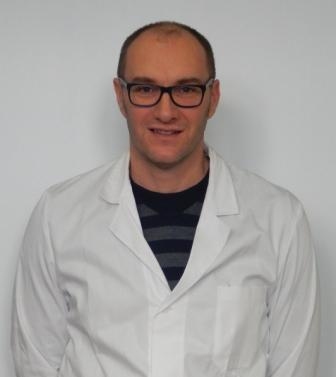
Giacomo Grasselli
Cardiology
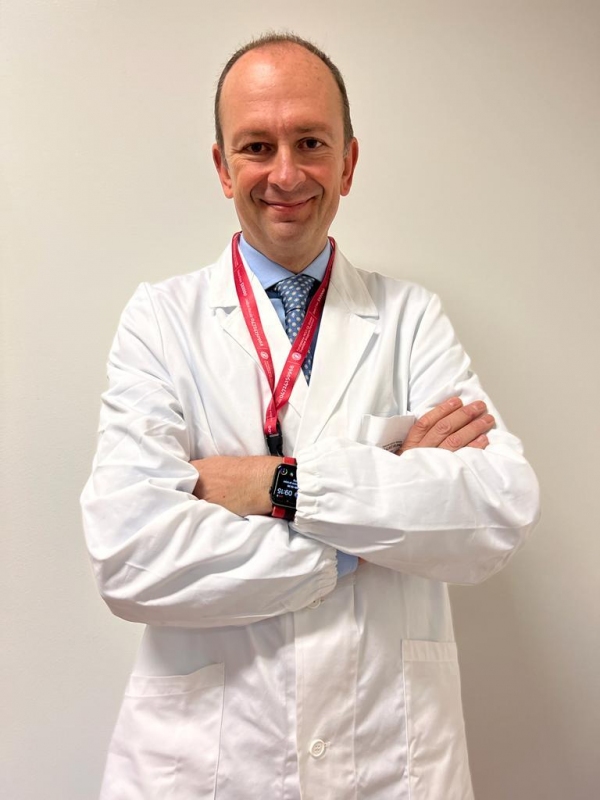
Stefano Carugo
Thoracic Surgery and Lung Transplant
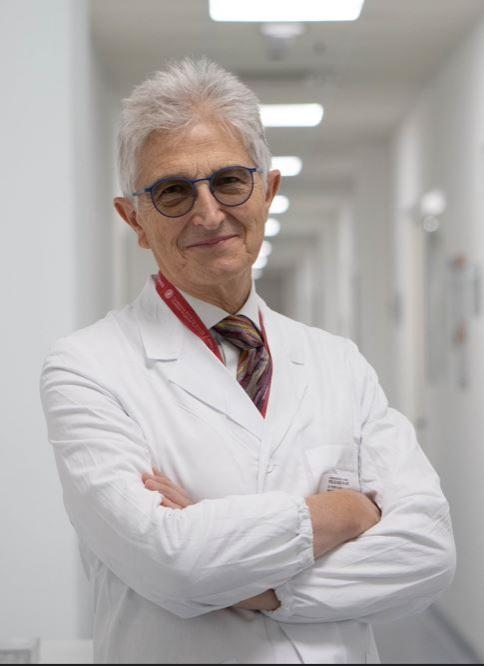
Mario Nosotti
Vascular Surgery
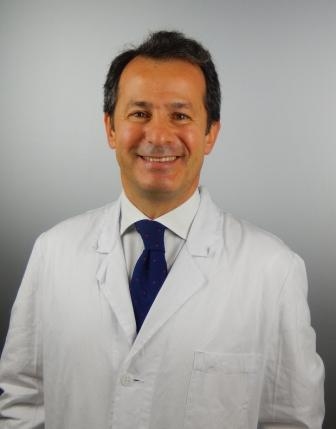
Santi Trimarchi
Geriatrics
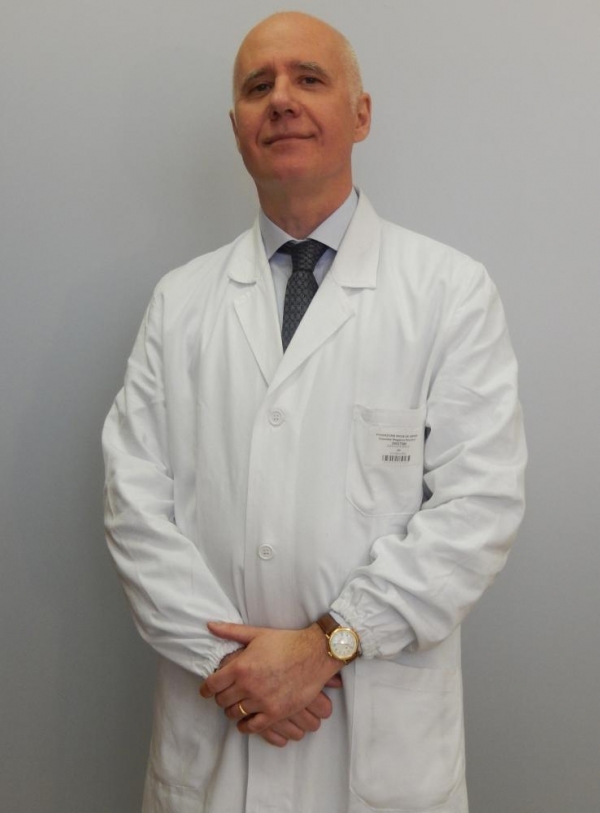
Tiziano Lucchi
Infectious Diseases
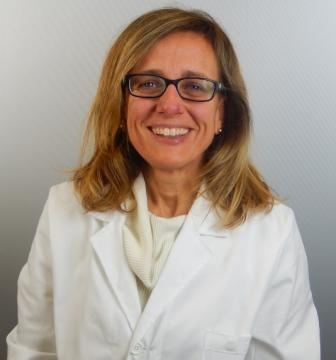
Alessandra Bandera
Pediatrics - Gastroenterology, hepatology, pediatric transplantation and Cystic Fibrosis
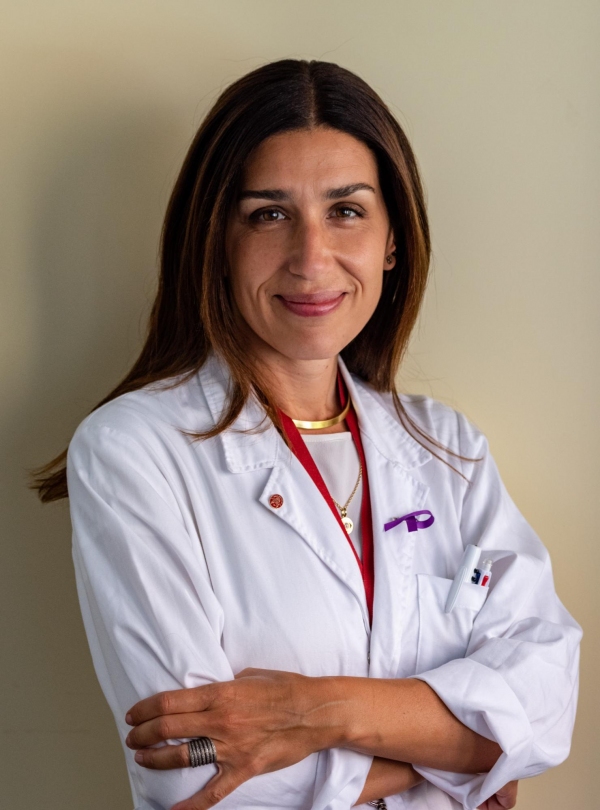
Marina Aloi
Pediatrics - Pneumoinfectiology
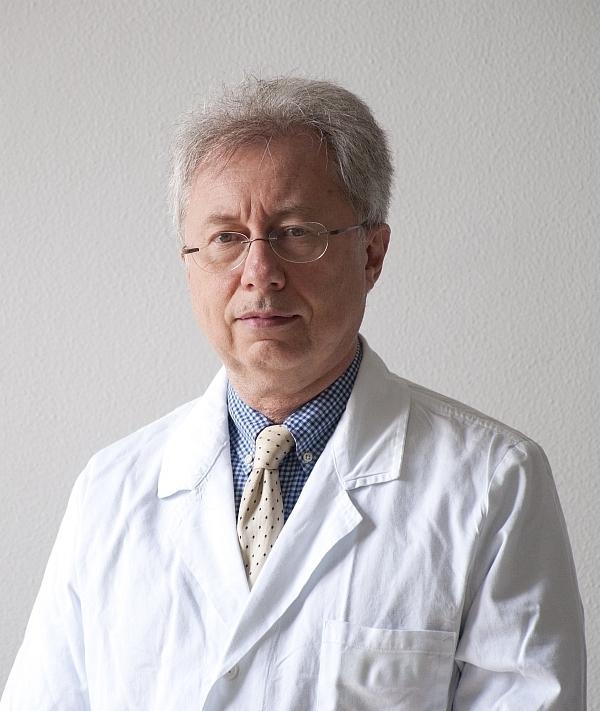
Carlo Virginio Agostoni
Pulmonology and Cystic Fibrosis
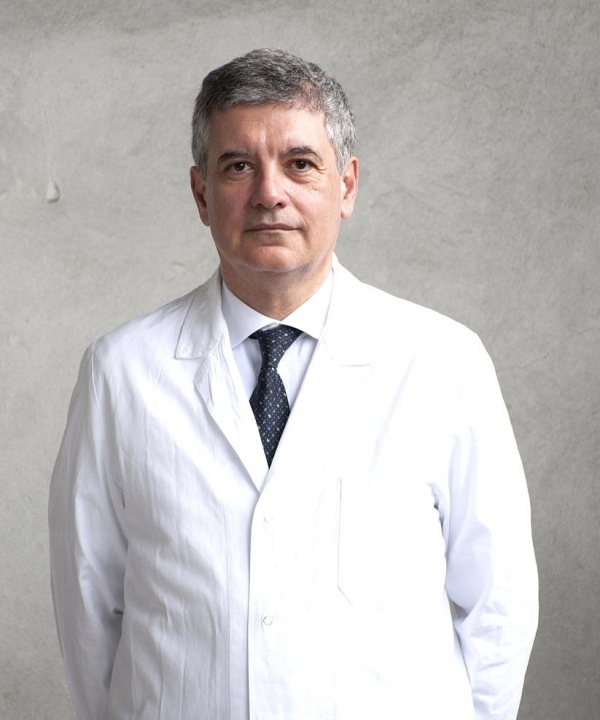
Francesco Blasi
